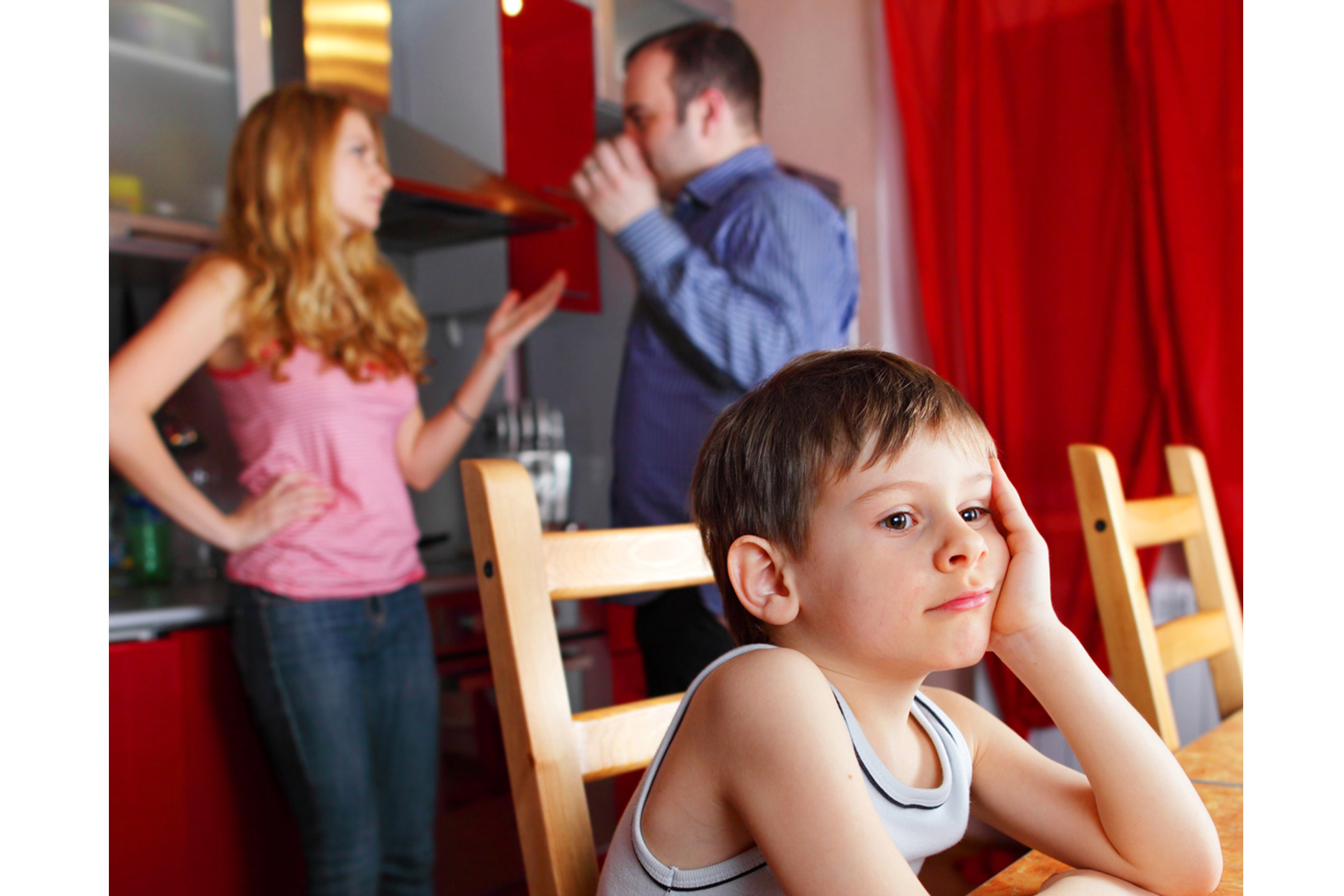
17 Apr Ten tips for separated parents during COVID-19
Separated parents feel both the joys and stressors of parenting. Extra pressures and stresses such as those associated with the COVID-19 Pandemic can be hard to manage and cause anxiety in both parents and children.
These TOP TEN suggestions can help separated parents work through this difficult time.
- Stay healthy
Show your kids, family, and friends the ways to reduce the risk of spreading of the virus. Wash your hands often and thoroughly, keep the recommended distance when meeting with other people (social distancing). Simple routines become habit forming.
Let the other parent know that you (and all members of the household) are following these guidelines. This shows that you are taking things seriously and may give you all peace of mind. As with all co-parenting, it works best if you are consistent in each home.
Read the government health guidelines about coronavirus (COVID-19)
- Be present and considered
This is a serious health challenge. Children will have heard much through their schools, networks, and media. Children may not be able to process the information in a way that allows for peace of mind. Older children whose studies and major social events such as school formals and celebrations have been cancelled may be unsettled and anxious. Younger children can easily become confused and scared.
- Meet your obligations
If a court order or agreement is in place for your parenting matters, you must still meet those terms unless there is a good reason. If arrangements become unclear or cannot be met because of quarantine, travel restrictions because schools close, or another reason, use common sense to find solutions to challenges. Give the other parent plenty of notice and an explanation so they also have time to adjust.
- Adapt
If changeover normally happens after school, at school or sporting events, start planning for another neutral and public location that will be suitable. Make sure social distancing practices can still be maintained. Sporting activities or activities parents planned to do with children during school holidays or weekends are likely to be cancelled. Think about whether you will be required to work from home and whether that is feasible when children are in your care.
If children won’t be able to see the other parent or other important people, find other ways to try to maintain the connection – including digital communications.
- Be open
Try to be on the same page with the other parent about the things you will each do in your respective households (and in your wider communities) to limit exposure to the virus and to shield the children. Have an agreed response plan for if your child shows any symptoms. Immediately tell the other parent. Have your own self-isolation plan ready and share it with the other parent if necessary. Try to engage openly and honestly with the other parent about your concerns.
If there has been a risk of exposure to the virus, be honest about that. Government mandated responses will be required if you have been exposed and will include isolation or quarantine and may include testing.
- Be mutual
Think about how you would like the other parent to engage with you about these issues, and model that behaviour. Make accommodations to the other parent if you can and they are good for the children. Ask for accommodations if you need to. If time can’t occur at one point, suggest it occur at another point. All parents and children will benefit from some mutually agreed give and take.
- Be compassionate
Very few people can be certain about planning in times of stress and may respond in a way that seems unreasonable to you. Try to remember that we do not have a playbook for how to plan for or respond to this crisis. Being calm in times of high stress is hard – but you are more likely to reduce the conflict if both are making the best effort possible.
- Focus on solutions
More than ever, parents and other adults concerned with the care of children need to find compromise in the interests of children. Courts will increasingly have limited availability, dispute resolution services may be hard to access, and common sense coupled with respectful engagement may be the surest path. It’s an opportunity to find new ways to solve old problems.
- Help when you can
People may lose jobs or experience a reduction in their income. This may impact what can be paid by way of child support or the contribution to other expenses. Try to be understanding of the situation the other parent is in – financial worry will probably exist in both households. The message and legacy of these days should be, as far as possible, that both parents and households worked together to find a solution that was as good as possible for the children.
- Be patient and positive
This situation is not going to resolve overnight. The way we work, socialise, communicate, and parent will change over the next few weeks and months. Make a conscious effort to embrace the good and joyful moments in each day, stay connected by phone or social media to friends or family who can support you, and remember that you are the beacon for your children at this time.
More is available at Legalaid Queensland

